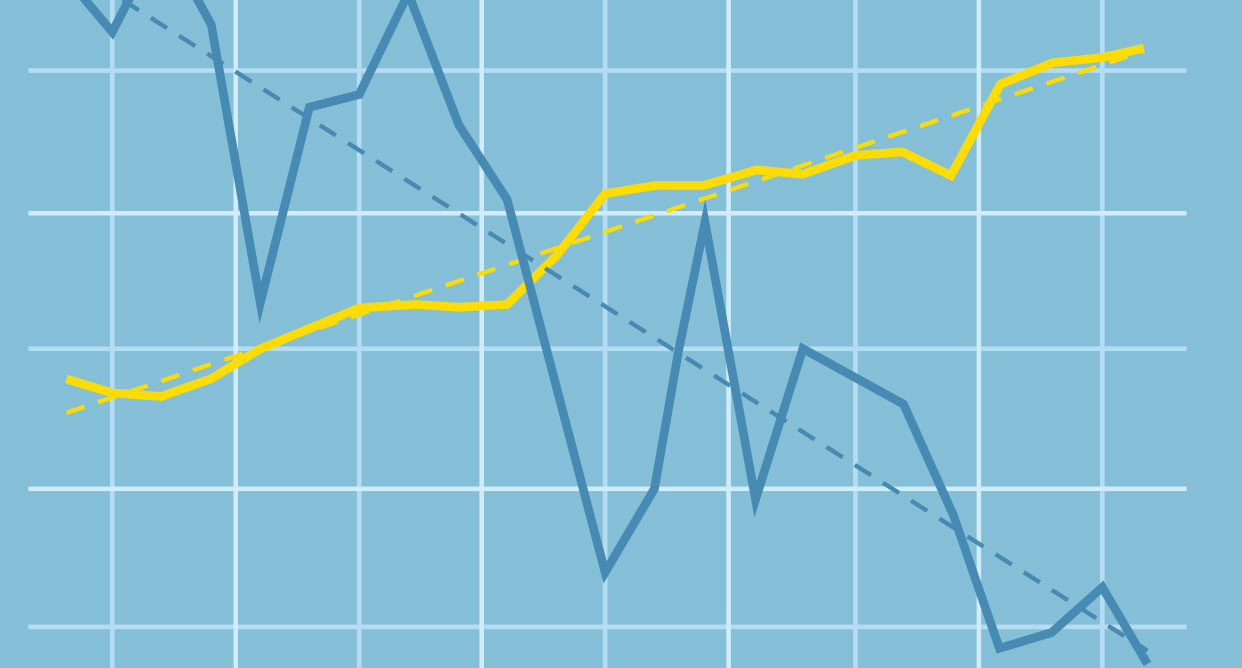
The main human cause of warming is carbon dioxide (CO 2). Why the Science of Global Warming MattersĪny serious effort to slow global warming must start with one geophysical fact. Here I will summarize my argument in six steps. Making that change will require governments, firms, and NGOs that are most keen to make a dent in global warming to rethink almost every chestnut of conventional wisdom. My argument is that the lack of progress on global warming stems not just from the complexity and difficulty of the problem, which are fundamental attributes that are hard to change, but also from the failure to adopt a workable policy strategy, which is something that governments can change. The following considerations are based on a new book (Victor, in press) that aims to explain the gridlock and offers a new strategy. As governments have tried to tighten the screws and get more serious, disagreements have proliferated and diplomacy has ended in gridlock. Those treaties were easy to agree upon yet had almost no impact on the emissions that cause global warming. Framework Convention on Climate Change (UNFCCC) and the 1997 Kyoto Protocol. Early diplomatic efforts easily produced new treaties, such as the 1992 U.N. But the diplomacy seems to be headed in the opposite direction. Over the subsequent two decades the scientific understanding of climate change has improved and public awareness of the problem has spread widely. In the late 1980s the United Nations began the first round of formal talks on global warming. We are grateful to our co-operation partner Grüne Bildungswerkstatt, the political academy of the Austrian Green Party, and to Victor’s c ommentator Alexander Van der Bellen, Member of the Austrian Parliament and Spokesperson of the Austrian Green Party for International Developments and Foreign Policy, for their support.
#Policy gridlock definition series
Victor’s new book Gridlock on Global Warming (Cambridge University Press, forthcoming) and his lecture “The New Politics of Climate Change: What Next After Copenhagen?” given at the IWM on June 24th, 2010, in the series Ecopolitics and Solidarity. Changes may also be so severe that radical “geoengineering” systems may be needed to blunt the effects of rapid warming.

They will also show that even in the best scenario the world is likely to experience substantial changes in climate, requiring nations to make massive investments to adapt to new climate conditions. The following considerations will show, using lessons from the history of international economic cooperation, that other approaches focused on smaller groups of countries and more flexible legal instruments would be much more effective.


 0 kommentar(er)
0 kommentar(er)
